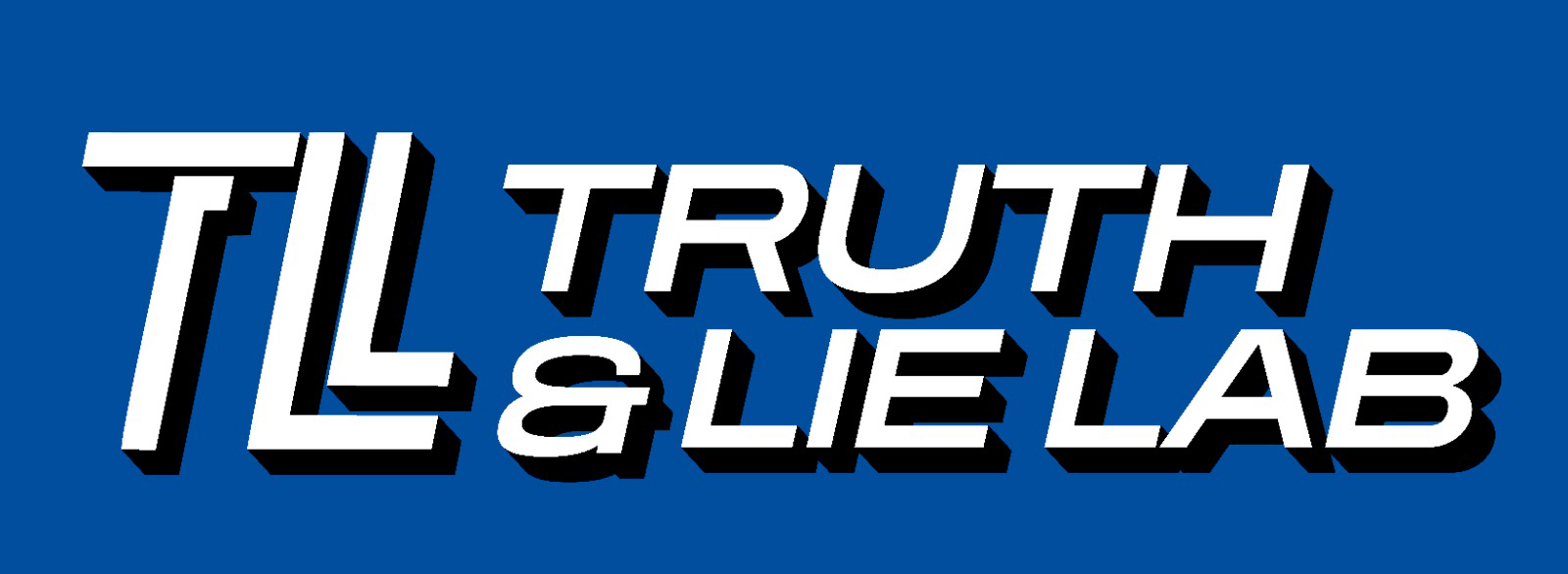Polygraph Testing in Legal Cases: Kenya’s Judicial Landscape
Legal cases in Kenya increasingly involve polygraph testing, though with important limitations regarding admissibility and evidentiary value. While Kenyan courts do not accept polygraph results as conclusive evidence or permit them as the sole basis for conviction or acquittal, lie detector tests serve valuable investigative purposes within the broader legal framework.
Investigative Applications in Legal Matters
Polygraph examinations assist legal professionals, law enforcement, and private investigators in narrowing suspect lists, verifying witness statements, and identifying areas requiring deeper investigation. Defense attorneys sometimes use polygraph tests to demonstrate their clients’ cooperation and truthfulness, while prosecutors may employ them during preliminary investigations to guide case strategy.
Practical Legal Value
In civil disputes involving fraud, theft, or contractual disagreements, parties voluntarily undergo polygraph testing to strengthen their credibility and support settlement negotiations. Family law cases, including custody disputes and inheritance matters, also utilize polygraph examinations to address allegations of dishonesty or misconduct.
While polygraph results must be corroborated with independent evidence under Kenyan law, they provide valuable investigative direction that helps legal professionals build stronger cases and pursue justice more efficiently.

